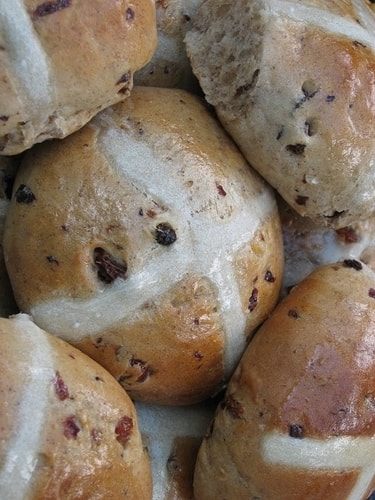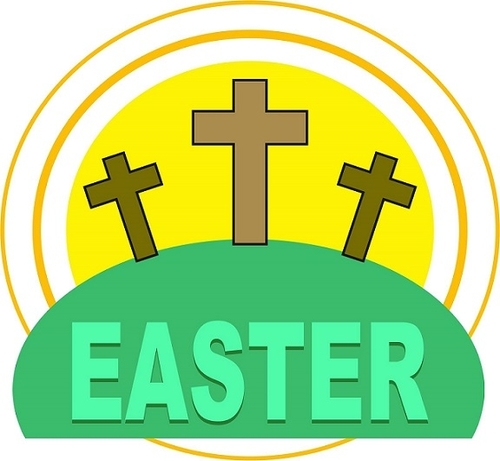
Easter, which always falls on a Sunday, is a Christian festival celebrating the Resurrection of Jesus Christ from the dead.
In countries where Christianity is a state religion or has a large Christian population, Easter is often a public holiday. Good Friday, Easter Sunday and
Easter Monday are public holidays in many countries with many businesses having an extended Easter break.
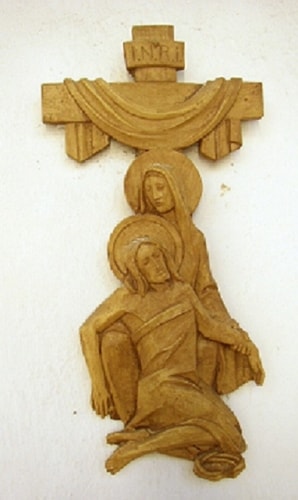
In places like Europe and America, Easter is also a cultural festival whereby many
cherished Easter traditions and symbols have been around for many centuries.
Easter eggs are just one popular cultural symbol of Easter.
The tradition of Easter eggs dates back centuries whereby eggs are specially decorated to celebrate Easter.
The oldest tradition is to colour chicken eggs,
although in more recent times, chocolate or candy is used to make eggs.
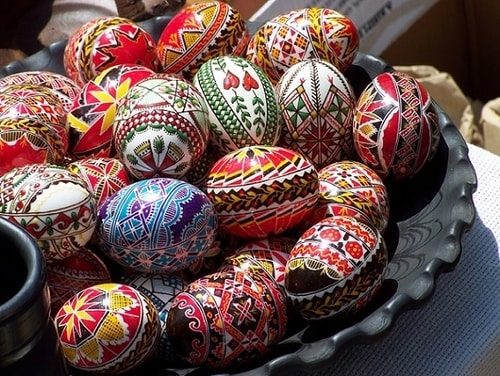
In Poland and other East European countries, eggs are seen as a symbol of new life.
In Russia, you can find beautifully created eggs made from precious jewels in their Imperial Court.
The United States celebrates Easter by holding an annual Easter egg roll on the White House lawn for children.
.jpg)
The Easter Bunny is also a prominent secular symbol of the Christian festival, and probably dates back to when German immigrants brought to America
their stories of an egg-laying hare called “Osterhase” or “Oschter Haws.” . Rabbits are also known to be prolific procreators, so as well as eggs, another
symbol of fertility and new life.
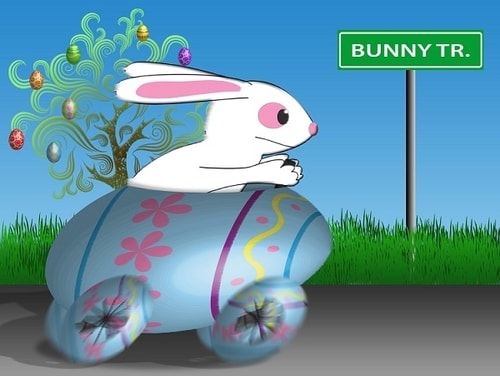
Again, as with eggs, spring chicks are a fertility and new life symbol dating back many thousands of years.
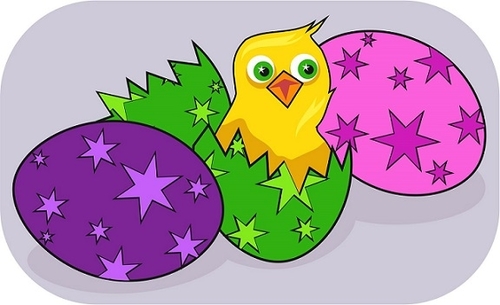
The spring lamb is also a prominent Easter symbol in Central and Eastern European countries.
Christians believe that the lamb represents Jesus and relates to his death to that of the lamb, sacrificed on the first Passover.
Notably, Christians also traditionally refer to Jesus as "the Lamb of God".
.jpg)
Hot Cross buns are another edible tradition eaten on Good Friday. Although the Christian symbolism is quite evident in the bread, spices and cross, there
are many theories related to the hot cross bun.
These include references going back to Roman times and also to Saxon times. Some believe that they are a pagan rather than Christian tradition.
Theories also date back to 12th or 14th century monks and even that the Easter tradition relates to the Elizabethan era.
When all is said and done, it doesn't really matter where the origins come from - they are absolutely delicious anyway!
